Lantana is native to tropical regions of North and South American and Africa. Its berries are edible when ripe, but toxic while still green. The leaves are also toxic to animals and humans if ingested.
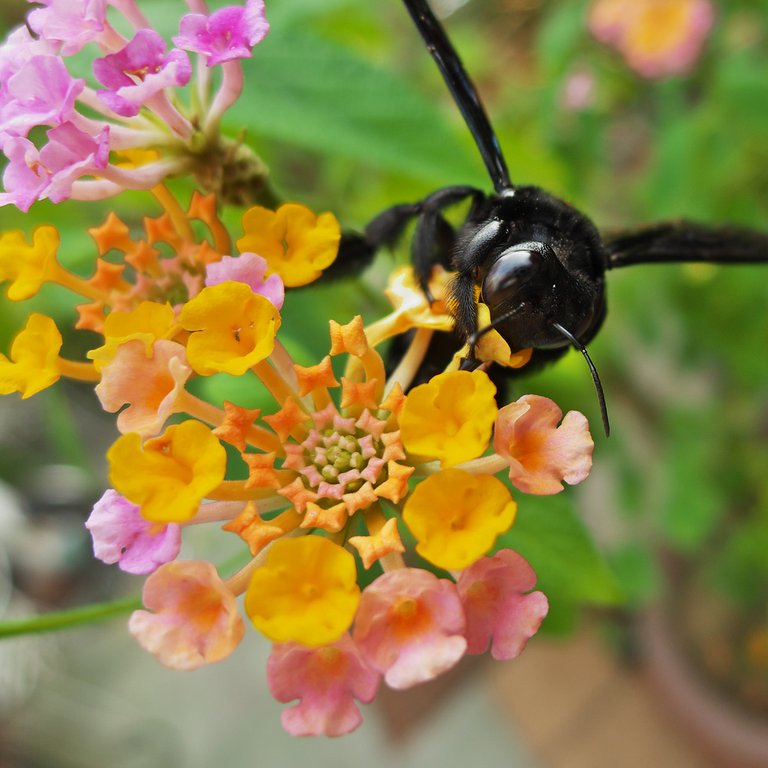
Lantana is a beautiful butterfly and hummingbird attracting plant. Chapel Hill Lantana is derived from a cross between Miss Huff and New Gold.
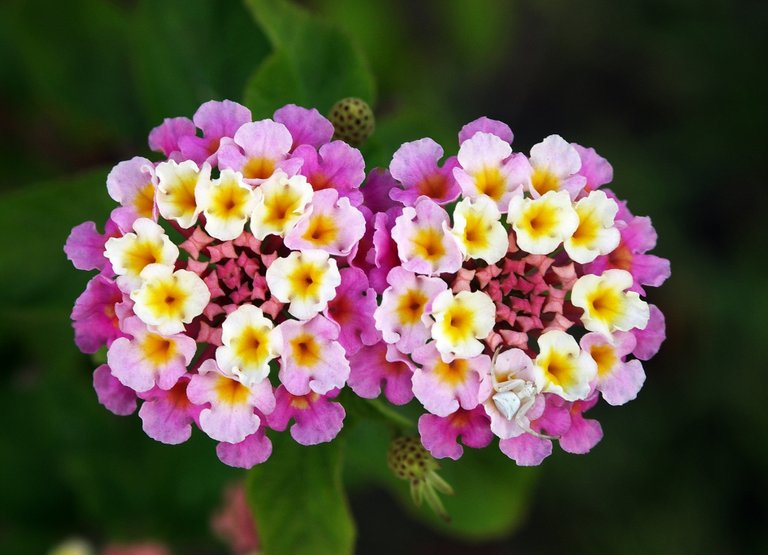
Lantana camara is a native to tropical regions and exists as dozens of strains and varieties that are highly variable in appearance. Although common lantana it is not native to Florida, it has been naturalized in the state for centuries (I wonder how many centuries it takes before a plant is considered native?)
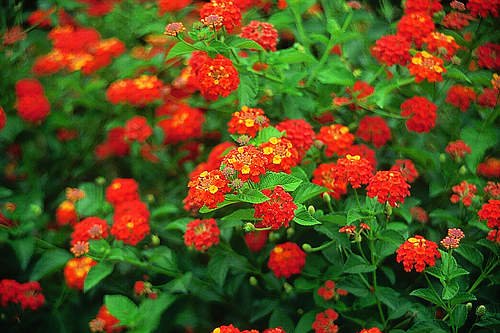
Lantana is very easy to grow and will adapt to most soil types. Too much water and fertilizer will reduce bloom.By seed or cuttings taken in the summertime. Lantana hybrids and named selections are propagated by cuttings.
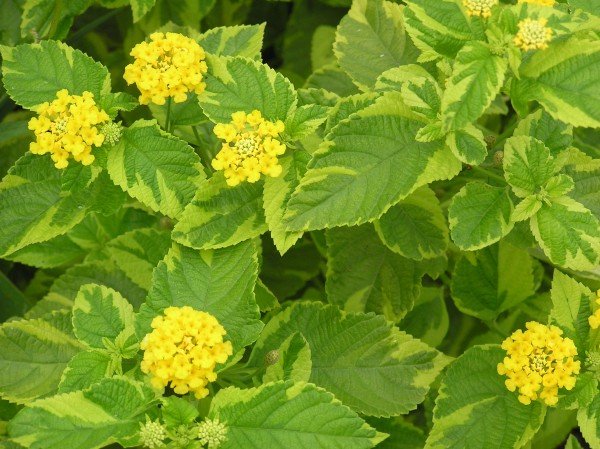
Lantana will add vibrant long-lasting color to shrub groupings. This is a fast growing shrub that is quick to flower so gardeners in cold climates can enjoy this tropical plant as an annual. Lantana tolerates salt spray and can be used in beach plantings.
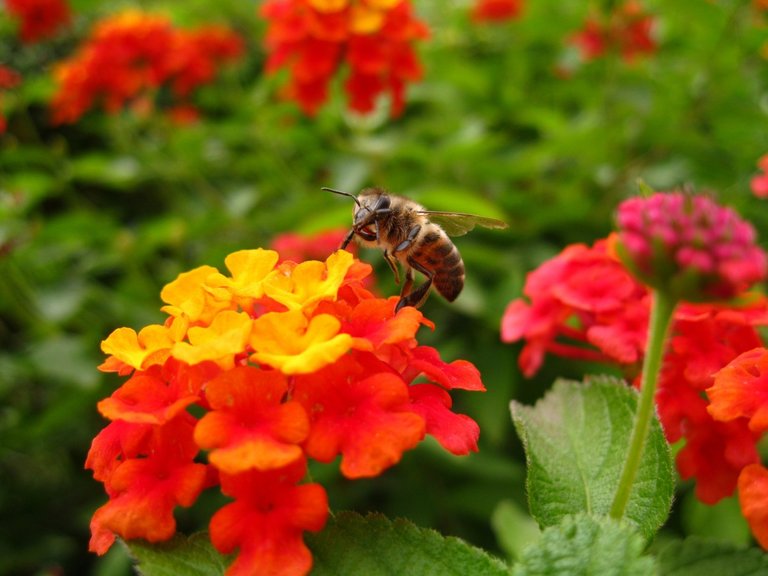
Pets have reportedly become ill after ingesting lantana. The unripe berries are known to be very toxic and the foliage toxic to livestock. Lantana is listed as a Category I invasive exotic species by the Florida Exotic Pest Plant Council, which means that it is known to be "invading and disrupting native plant communities in Florida."
Source:-https://floridata.com/Plants/Verbenaceae/Lantana+camara/59